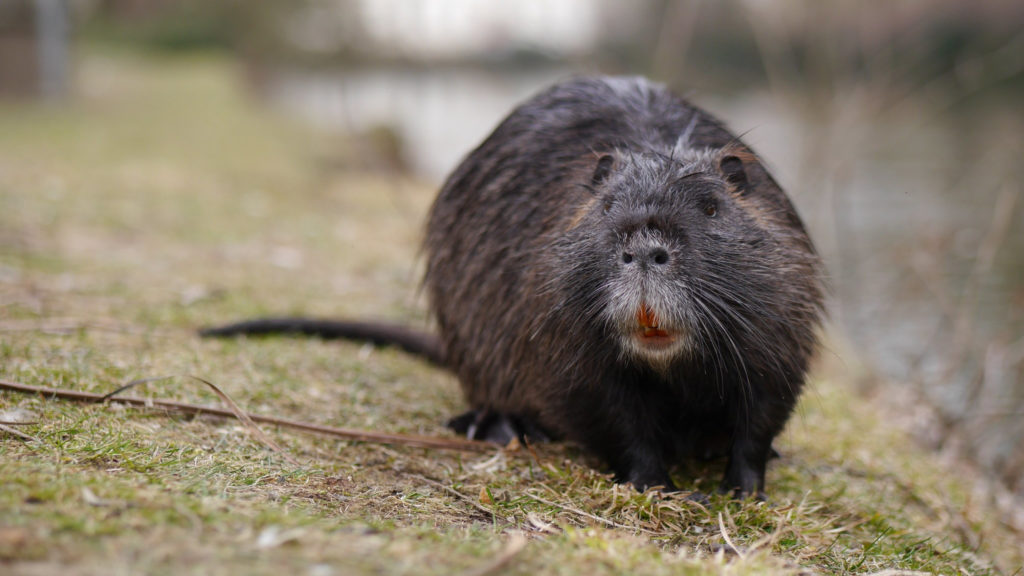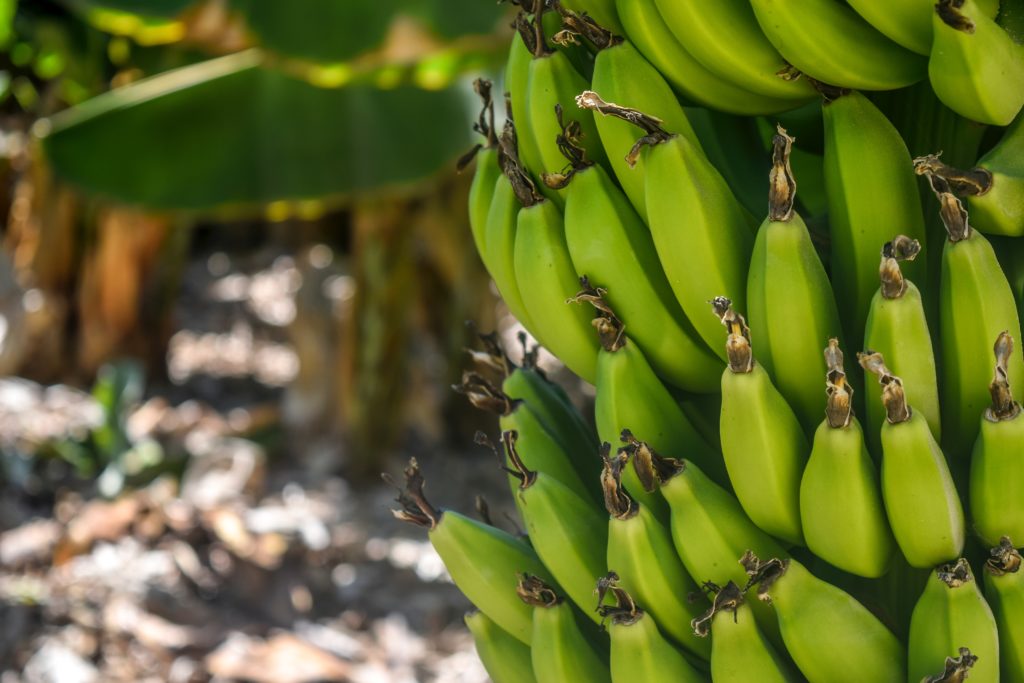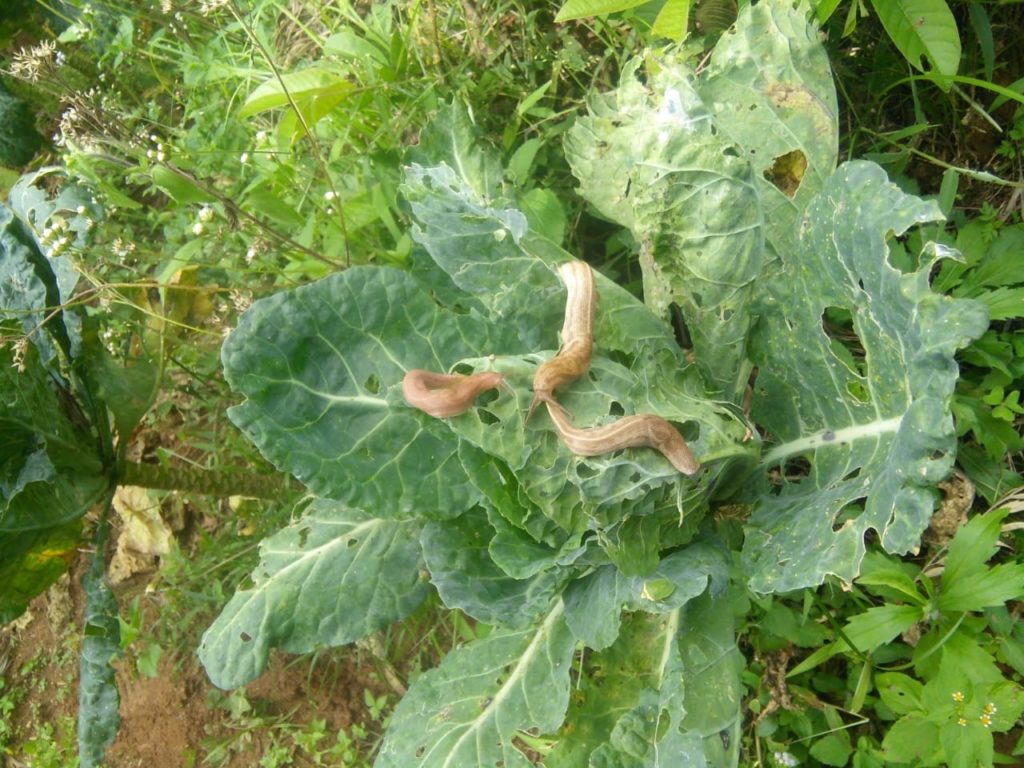A Plague of Cactus
By Susan Moran. Reblogged from bioGraphic. Across Kenya’s wildlife-rich Laikipia Plateau, a thorny enemy is advancing. But a tiny sap-sucking insect may help save the region’s animals and people. Before the sun has peeked above the horizon, Philip Nangoo Larpei, a Maasai elder in his 60s or 70s (he hasn’t kept track), is already outside checking…
Shedding light on the biodiversity impacts of the tomato leafminer
The ecological effects of a widespread crop pest The tomato leafminer Tuta absoluta is one of the most widespread and impactful invasive crop pests in the world. First reported in Peru in 1914, the tomato leafminer is now recorded throughout South America, Africa and Europe and is estimated to infest 60% of all cultivated tomatoes worldwide. Recent studies…
Invasive tadpoles can recognise potential predators in new environments
By Natasha Kruger. Reblogged from The Conversation. Invasive species have become an increasingly big threat to indigenous ones as the spread of alien animals and plants has accelerated with the growth of global trade. Some can be very destructive, while some live in close proximity without posing any sort of threat. Understanding the behaviour of invasive…
CABI leads regional workshop on Pest Risk Analysis tool in Bangladesh
Plant quarantine experts on Pest Risk Analysis (PRA) from four countries in South Asia joined together in Bangladesh last week (4th -5th September) for a workshop led by CABI on the new Pest Risk Analysis (PRA) decision support tool and workflow. The PRA tool workshop, which was made possible through CABI’s Action on Invasives programme,…
Invasive species aren’t just a ‘first world problem’
By Jim Erickson-Michigan. Reblogged from Futurity. Invasions from alien plants, animals, and pathogens threaten the economies of the world’s poorest nations, according to study. One-sixth of the global land surface is highly vulnerable to invasion, including substantial areas in developing countries and biodiversity hotspots, according to the study published in Nature Communications.
Invading Ireland: the coypu
By Dr Colin Lawton, National University of Ireland Galway One of the greatest threats to biodiversity is the invasion of alien species into an ecosystem. These can occur through natural migrations as a result of recent habitat or climate change, or species can be introduced by human activities, both accidentally or deliberately. Invasions are occurring…
Training of Trainers on awareness and management of Parthenium in Pakistan
As one of its key priorities, CABI under the Action on Invasives programme aims to raise awareness about the threat of invasive species with the relevant government departments in Pakistan. In particular to address the issue of the highly invasive Parthenium weed. Through public awareness campaigns and sharing invasive management advice for better control practices,…
National emergency declared as Colombia confirms the presence of TR4 banana disease
The global banana industry is facing a new major threat. On the 8th August, the Colombian Agricultural Institute announced that it has confirmed the presence of a strain of Fusarium oxysporum f.sp. cubense, known as Tropical Race 4 (TR4) in the northern region of the country. Since then the Colombian government has issued a national…
Potential Slug Invasions and their Impact on UK Biosecurity (Part 2)
By Dr Jenna Ross Guest writer, Dr Jenna Ross, from Crop Health and Protection (CHAP), joins us for the second of her two-part special series (read part 1) on the outputs of her prestigious Nuffield Farming Scholarship. Jenna spent 26 weeks travelling the world studying all aspects of slug invasions and slug control, and in…










